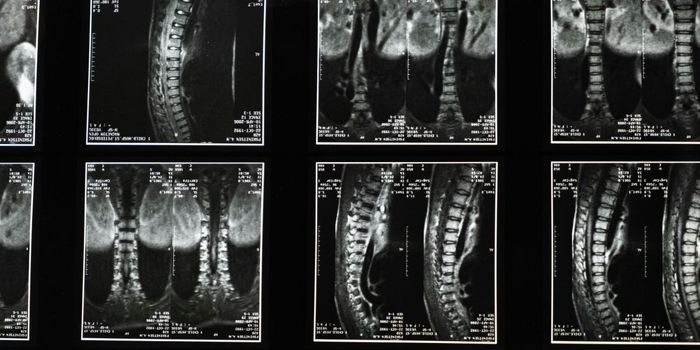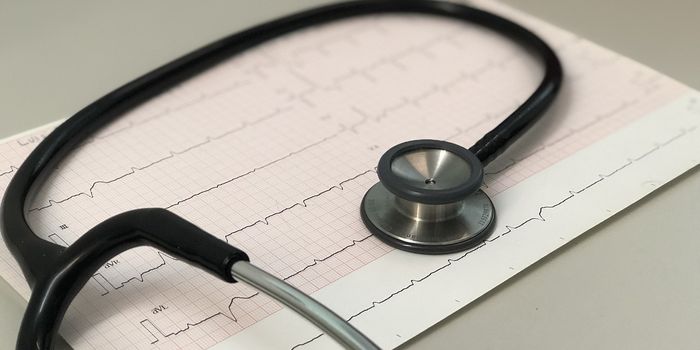Regular Alcohol Drinking May Increase Blood Pressure
A recent study published in the journal Hypertension has shown that drinking alcohol may raise blood pressure over time, even in those without previously diagnosed hypertension.
The meta-analysis included seven studies from the United States, Korea, and Japan, with nearly 20,000 participants in total. The mean follow-up time across the studies was 5.3 years. All of the studies included healthy adults and reported the associations between alcohol intake and blood pressure. The goal of the meta-analysis was to determine the relationship between alcohol intake and changes in systolic and diastolic blood pressure over time.
The results showed that there was a substantial linear association between alcohol intake and increased systolic and diastolic blood pressure. In other words, the more alcoholic beverages that participants consumed daily, the higher their blood pressure tended to be over time. The results showed that even very low levels of alcohol consumption led to measurable increases in blood pressure. Over time, these increases in blood pressure could substantially increase the risk of cardiovascular disease.
The authors of the study noted that even low levels of alcohol consumption led to increases in blood pressure over time compared to not drinking, which was somewhat surprising. They advise limiting alcohol intake or avoiding it altogether for maximal health benefits. Reducing or eliminating alcohol consumption may be particularly beneficial for people who already have high blood pressure. The American Heart Association does not recommend drinking alcohol, and the potential health benefits of drinking alcohol have been questioned or debunked in recent years. For maximum heart benefits, avoid alcohol and instead focus on diet, exercise, getting enough sleep, and maintaining a healthy weight.
Sources: Hypertension, Science Daily








